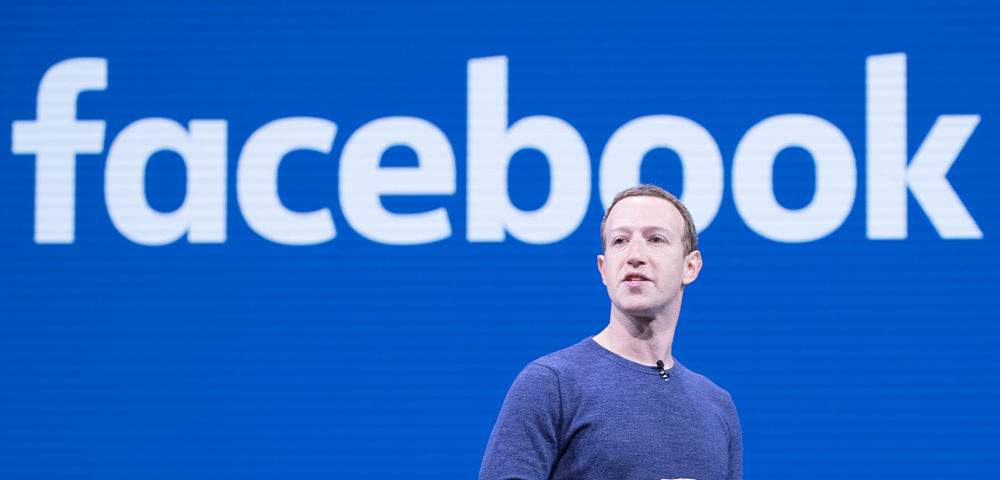Facebook Reveals It Gave 61 Companies Access to Widely Blocked User Data
In written responses to the
Other companies to receive the extension include Snap
The revelations contrast with previous statements from the social media giant that the function which allowed such detailed access had been shut down in 2014.
The updated app review policy clamped down on data access and made developers submit justifications to
In a separate disclosure, the social network also revealed it had granted special privileges to 52 other hardware and software firms to integrate “Facebook and
Apple, Amazon and the Chinese smartphone giant Huawei were among the companies on that list, which gave them permission to build versions of
However,
“The purpose of these partnerships was to build
“People were only able to access these experiences – and the information needed to support them – when they logged in or connected their Facebook account.
“In April, we publicly announced that we’d start shutting down these APIs (application programming interfaces) – and we continue to make other changes that restrict the information people can share to better protect their privacy.”
In a blogpost published on Monday, the firm’s vice-president of product partnerships, Ime Archibong, added that the company was taking “a hard look at the information apps can use when you connect them to Facebook” and was putting in place restrictions to “better protect people’s information”.
The revelations come after British MPs involved in the House of Commons inquiry into fake news accused Facebook of attempting to duck public scrutiny.
Following the latest exchange of correspondence with the company last week, the digital, culture, media and sport committee chairman, Damian Collins, accused the firm of displaying “a pattern of evasive behaviour”.
Facebook’s chief executive,




